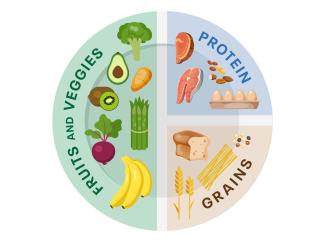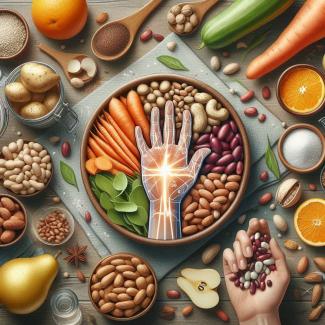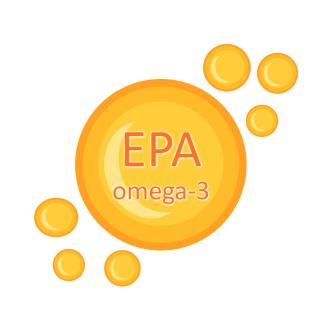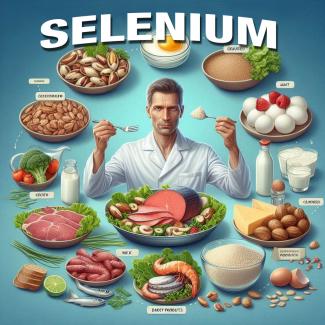
Your eyes can provide valuable information about your overall health and nutritional status. While they can't directly measure specific nutrients, certain eye symptoms and changes can be indicative of nutritional deficiencies or health conditions related to nutrient absorption. Here are some things your eyes can tell you about the nutrients in your body:
- Vitamin A Deficiency:
- Night blindness: Difficulty seeing in low-light conditions may be a sign of vitamin A deficiency, as this vitamin is essential for maintaining good vision, particularly in dim light.
- Dry Eyes:
- Omega-3 Fatty Acids Deficiency: Dry, irritated, or red eyes can result from insufficient intake of omega-3 fatty acids, which help maintain healthy tear production and eye lubrication.
- Bloodshot Eyes:
- Vitamin C Deficiency: Bloodshot eyes may indicate a deficiency in vitamin C, which plays a role in maintaining blood vessel health and preventing easy bruising.
- Yellowing of the Eyes (Jaundice):
- Vitamin B12 or Folate Deficiency: Yellowing of the eyes, or jaundice, can be a sign of anemia, often associated with deficiencies in vitamin B12 or folate.
- Blood Vessel Health:
- Vitamin C and Vitamin E: Weak and fragile blood vessels in the eyes may be associated with a lack of vitamin C, while vitamin E may help protect against oxidative damage to the blood vessels.
- Dark Circles Under the Eyes:
- Iron Deficiency: Dark circles under the eyes can sometimes be linked to anemia, which may result from insufficient iron intake.
- Corneal Issues:
- Zinc Deficiency: A lack of zinc can lead to corneal issues and impaired wound healing, which can manifest as eye problems.
- Cataracts and Glaucoma:
- Antioxidants (e.g., vitamin C, vitamin E, beta-carotene): Antioxidants help protect the eyes from oxidative damage, which is associated with the development of cataracts and glaucoma.
- Macular Degeneration:
- Lutein and Zeaxanthin: These carotenoids, found in leafy greens and other colorful vegetables, are crucial for maintaining macular health and reducing the risk of age-related macular degeneration.
It's important to note that while these eye symptoms can be associated with nutritional deficiencies, they can also have various other causes. If you notice any persistent or severe changes in your eyes or vision, it's essential to consult a healthcare professional for a proper diagnosis and guidance on addressing potential nutritional issues. A balanced diet, rich in a variety of nutrients, is key to maintaining healthy eyes and overall well-being.






